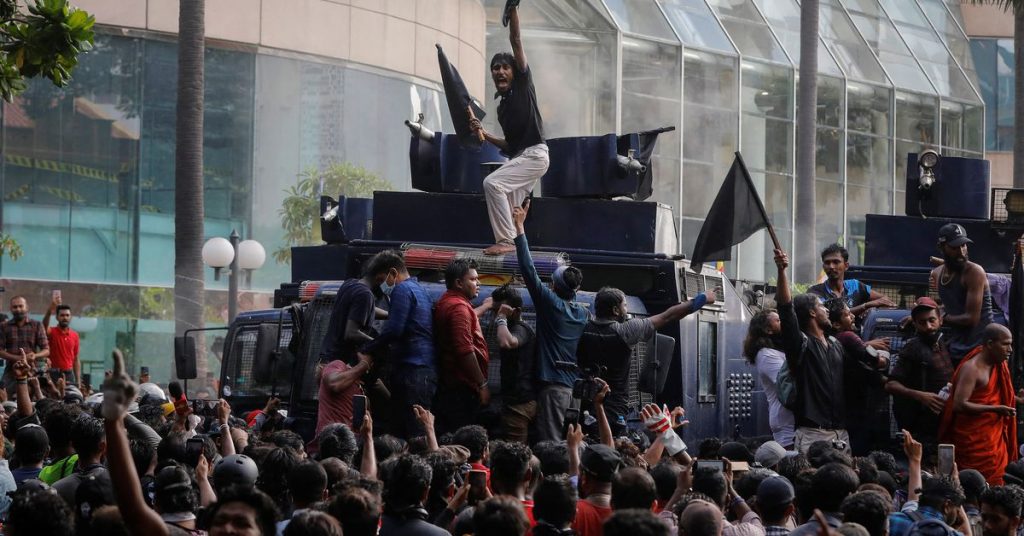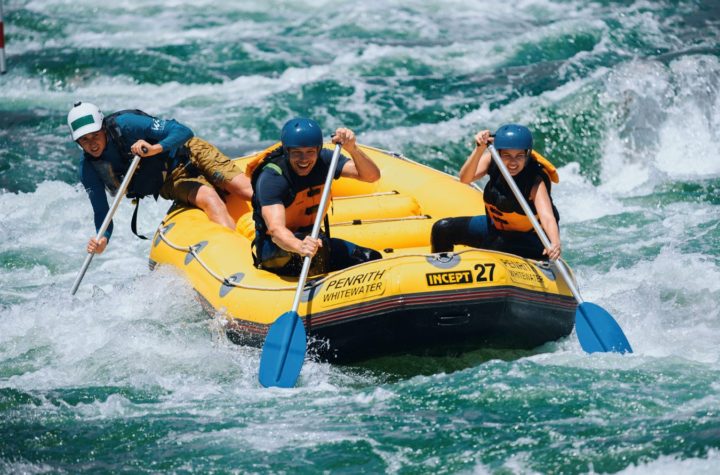COLOMBO (Reuters) – Sri Lanka’s prime minister has warned of food shortages as the island nation grapples with a devastating economic crisis, and pledged the government would buy enough fertilizer for the next planting season to boost productivity.
President Gotabaya Rajapaksa’s decision in April last year to ban all chemical fertilizers drastically cut production, and although the government has rescinded the ban, no major imports have been made so far.
“While there may not be time to get the fertilizer for the Yala season (May-August), steps are being taken to ensure sufficient stocks for the Maha season (September-March),” Prime Minister Ranil Wickremesinghe said in a late Twitter message. Thursday.
Register now to get free unlimited access to Reuters.com
“I sincerely urge everyone to accept the gravity of the situation….”
Sri Lanka is facing severe shortages of foreign exchange, fuel and medicine, and economic activity has slowed considerably.
“There is no point in talking about how hard life is,” said APD Sumanavathi, a 60-year-old woman selling fruits and vegetables at Pettah Market in Colombo, the commercial capital, on Friday. “I can’t foresee how things will be in a couple of months, at this rate we may not even be here.
Nearby, there was a long line in front of a store selling cooking gas cylinders, the prices of which soared.
“Only about 200 cylinders were delivered, even though there were about 500 people,” said Mohamed El-Shazly, a part-time driver who said he had been queuing for the third day to be able to cook food for a family of five.
“Without gas, without kerosene oil, we can do nothing,” he said. “The last option. What? Without food we will die. It will happen one hundred percent.”
The central bank governor said on Thursday that foreign exchange from a World Bank loan and remittances had been secured to pay off shipments of fuel and cooking gas, but supplies were still flowing.
The governor added that inflation could rise further to a staggering 40% in the next two months, but it was largely driven by supply-side pressures and actions by the bank and government were already curbing demand-side inflation.
Inflation was 29.8% in April with food prices rising 46.6% year on year.
As anger against the government spread, police fired tear gas and water cannons to repel hundreds of student demonstrators in Colombo on Thursday. Demonstrators are demanding the overthrow of the president as well as the prime minister.
Sri Lanka’s economic crisis came from the confluence of the COVID-19 pandemic hitting the tourism-dependent economy, high oil prices and populist tax cuts by the government of President Rajapaksa and his brother, Mahinda, who resigned as prime minister last week.
Wickremesinghe, who was appointed prime minister in his stead, is accused of being an agent of the brothers.
Other factors included heavily subsidized domestic fuel prices and the decision to ban the import of chemical fertilizers, which decimated the agriculture sector.
On Thursday, in a draft statement issued by a meeting in Germany after the country defaulted on its sovereign debt, G7 finance chiefs said the Group of Seven economic nations supports efforts to ease Sri Lanka’s debt. Read more
Nandalal Weerasinghe, head of the central bank, said that the debt restructuring plans are nearing completion and he will submit a proposal to the cabinet soon.
“We are in a state of proactive failure,” he said. “Our position is very clear, until the debt is restructured, we cannot repay.”
An International Monetary Fund spokesman said the fund is closely monitoring developments and that a virtual mission to Sri Lanka is expected to conclude technical talks on a possible lending program for the country on May 24. Read more
Register now to get free unlimited access to Reuters.com
Additional reporting by Oditha Jayasingh and Sudarshan Varadan; Writing by Raju Gopalakrishnan; Editing by
Our criteria: Thomson Reuters Trust Principles.

“Writer. Evil travel maven. Avid creator. Proud beer expert. Music lover. Explorer.”











More Stories
Jake Sullivan meets Yang Jiechi in Luxembourg, paving the way for a possible meeting between Biden and Xi
The CDC adds 3 places to its “high” risk list, including Mexico and the United Arab Emirates
Wordle 359 June 13 – Struggling with Wordle today? THREE CLUES TO HELP ANSWER | Games | entertainment